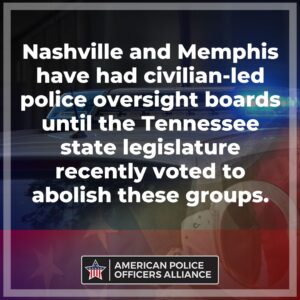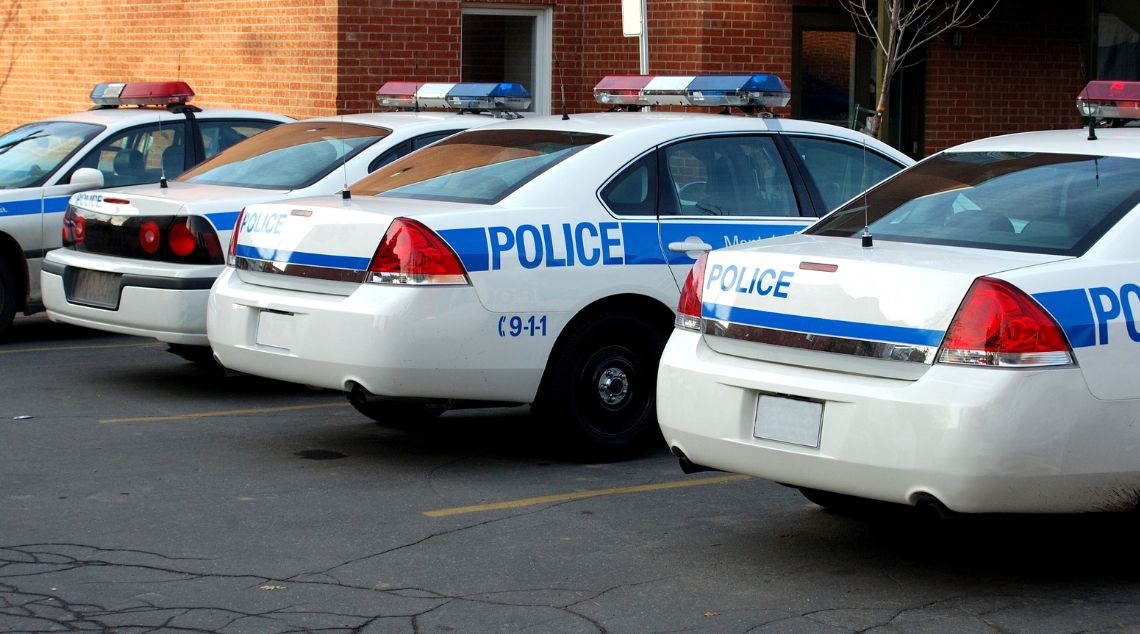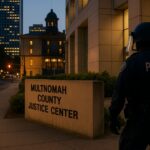In recent years, police brutality and misconduct have become hot-button issues across the United States. Many cities and states have responded by creating police oversight boards with the stated goal of providing greater accountability for law enforcement agencies. However, recently the Republican supermajority in Tennessee is moving to abolish these oversight boards.
Abolishing Police Oversight Boards in Nashville and Memphis
Tennessee’s two largest cities, Nashville and Memphis, have had civilian-led boards in place to investigate allegations of police misconduct and review police policies. However, the state legislature voted to abolish these independent oversight groups, reversing what Nashville voters had approved in a referendum five years ago. The creation of the oversight board had received 58.8% approval from Nashville voters in 2018.
The legislative move will also dissolve the Memphis Civilian Law Enforcement Review Board, which had been established in 1994. The decision comes shortly after the Memphis Police incident involving the death of Tyre Nichols.

Critics of the bill’s sponsor, State Sen. Mark Pody, R-Lebanon, accuse board members of overstepping their bounds. However, many others, including Rep. Justin Jones, D-Nashville, argue that the decision overrides the city’s autonomy and ignores the voices of those who have been victims of police violence. Jill Fitcheard, executive director of Nashville’s community oversight board, has called the move “nonsensical” after such high-profile incidents. As the debate continues, it remains to be seen whether other states will follow Tennessee’s lead in abolishing police oversight boards.
Tennessee’s Decision Reignites Debate on Police Reform
The decision to abolish the oversight boards means that the previous system, where police internal affairs investigate their own officers, will be reinstated. This move has been met with criticism from advocates of the oversight boards, who argue that police accountability and community trust are essential for effective law enforcement. Critics of the oversight boards, on the other hand, argue that the boards overstep their bounds and create an adversarial relationship between police and the community.
Learn more about police oversight boards at https://policeoversightboardfacts.com/










